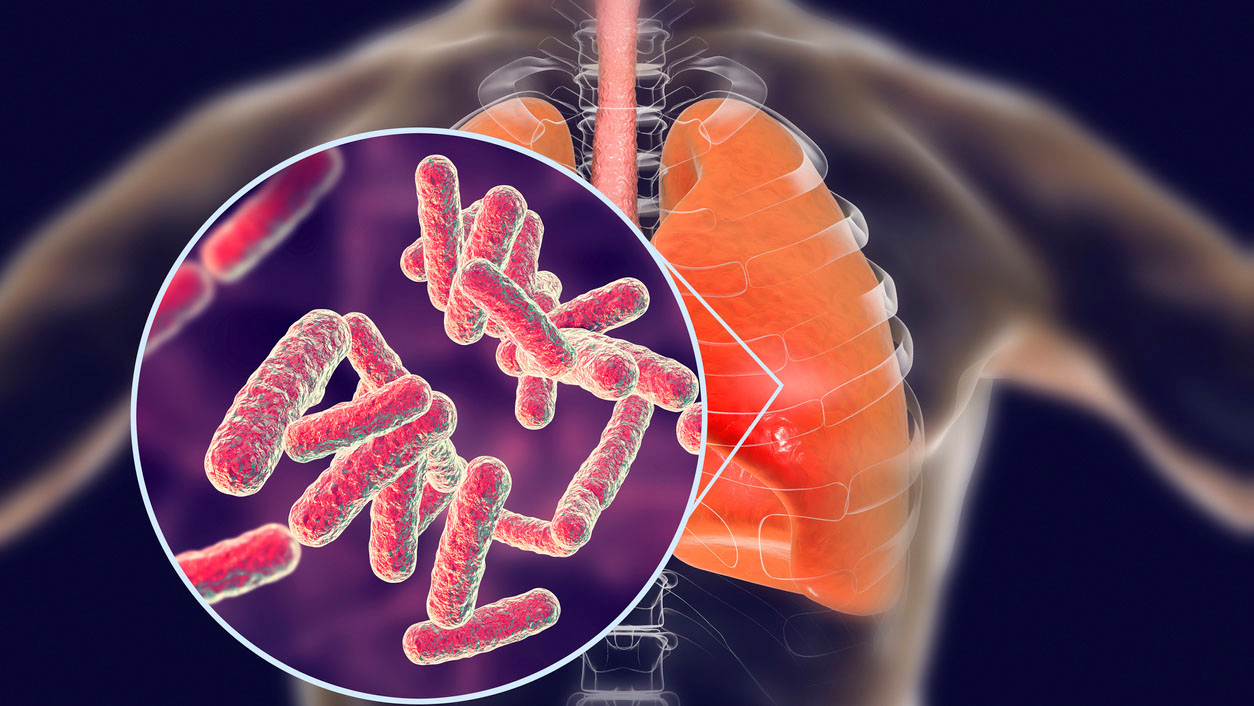
28 Aug EDCTP asks AIGHD to develop road map for tuberculosis vaccines
Prof. Frank Cobelens and Remko van Leeuwen have been invited to write a global research and development roadmap in support of the development new tuberculosis (TB) vaccines. Currently, there are several candidate vaccines that show potential but choices have to be made as to which candidates will undergo the extensive and expensive field testing required for their regulatory approval and market introduction. These choices also need to be informed by options for affordable production of new TB vaccines and access to them in resource-poor settings. The team that is formed by Prof. Frank Cobelens, Remko van Leeuwen and their colleagues at the consultancy company Nextco will produce a plan to address these critical issues that is to gain broad consensus amongst global stakeholders.
According to the World Health Organization, TB is the world’s deadliest Infectious disease and one of the top 10 causes of death worldwide, making it a major global health issue. Eliminating the transmission of infectious diseases is part of AIGHD’s diverse research portfolio.
The one-year project will include consultations with patients, policy makers, researchers, funders and vaccine manufacturers to define goals and critical issues for TB vaccine development. Starting in August 2019 it involves collaboration with organizations such as WHO, the TuBerculosis Vaccine Initiative, the International AIDS Vaccine Initiative and the Bill & Melinda Gates Foundation.
“There is great momentum now for research and industry partners to develop a TB vaccine that will save the lives of millions. It’s a great honor to help guide the way to reach this goal with such a strong network of partners,” said Prof. Cobelens.
The work has been commissioned by the European & Developing Countries Clinical Trials Partnership (EDCTP), which funds clinical research to support the development of new or improved drugs, vaccines, microbicides and diagnostics against HIV/AIDS, tuberculosis and malaria as well as other poverty-related infectious diseases in sub-Saharan Africa.
Learn more about our research priorities.
